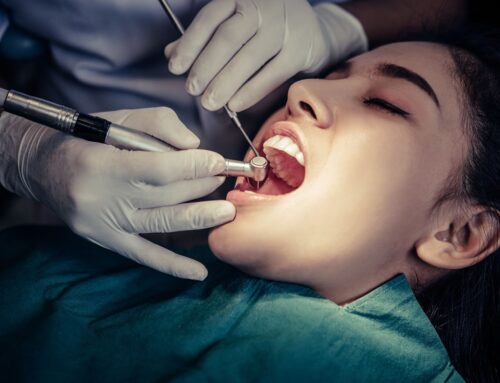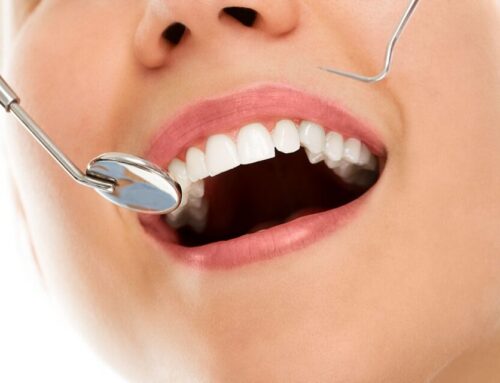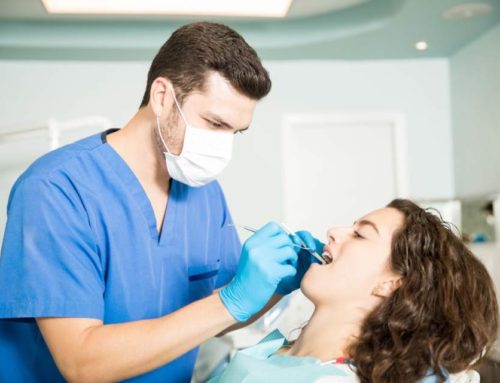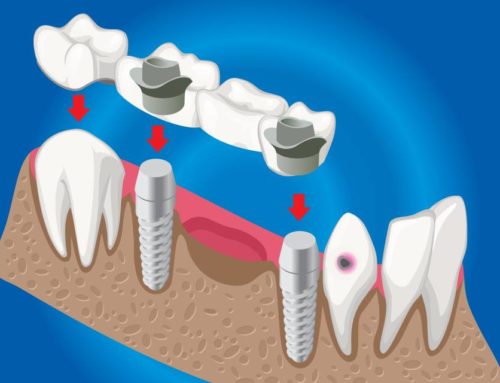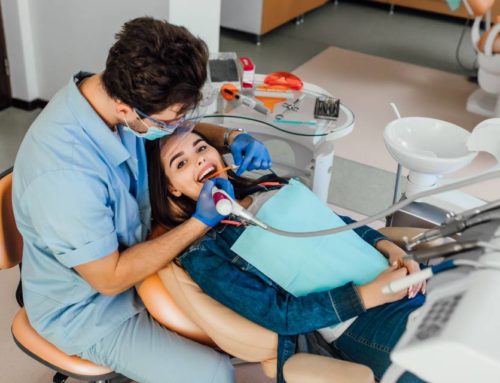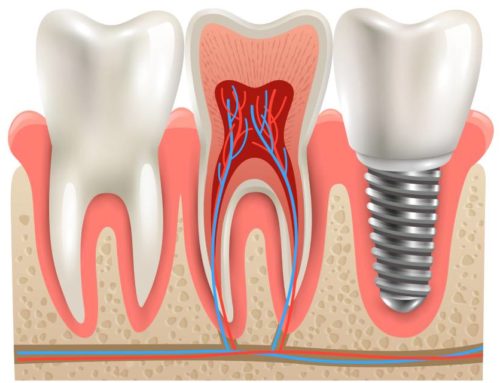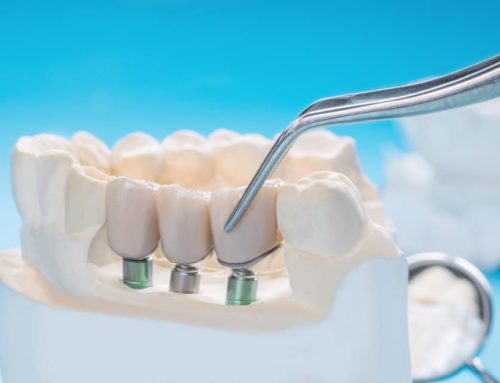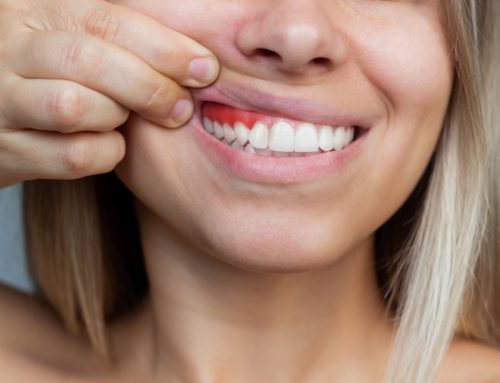According to the Adult Dental Health survey published in 2009, almost 36% of the population was estimated to suffer from dental anxiety of some sort. That same study also suggested that 19% of the population would only visit a dentist if they had severe tooth-related issues. It is often advised that we must get a thorough oral check-up done every six months to ensure optimal dental health.
Forget about regular check-ups, you’ll be surprised to learn how many people live with dental infections instead of getting them treated by visiting a dentist. In this article, we would like to explore why that is the case by understanding what exactly triggers this phobia of dental settings and how to cope with dental anxiety in the best possible manner.
What is Dental Anxiety?
Dental Anxiety or Phobia is basically the fear of visiting a dental clinic. Little things in a dental setting like needles, drills, and other equipment can trigger this fear, which results in people avoiding or delaying treatment. Dental Anxiety is very real and severe in some cases.
Moreover, persisting mental conditions like PTSD, anxiety or depression can trigger dental anxiety within an individual. Now that you are familiar with the subject, let’s look at what causes dental anxiety.
Signs and Symptoms of Dental Anxiety
Different individuals may exhibit varying dental anxiety symptoms. The most common signs or symptoms of dental anxiety include the following:
- Excessive perspiration
- Noticeable signs of panic, distress, or crying
- Heartbeat palpitations or unusual racing of the heart.
- Low blood pressure
- Fainting
- Using nervous humor to cope with the feeling of anxiousness.
How Dental Anxiety can Aggravate Your Oral Health
It is considered conventional wisdom to face your fear head-on in order to deal with them effectively. This is also the case with Dental Anxiety. By delaying or avoiding visits to a dental clinic, you are only feeding your fear and allowing it to fester into something unmanageable. It also goes without saying that by avoiding dental consultation you are only aggravating your oral health.
Visiting a dentist on time could mean getting an ailment treated in a manner that is less invasive. Delaying the care that your ailing tooth needs could result in the problem becoming severe with each passing day until you can no longer ignore it. Prolonged delays could result in a much costlier and invasive procedure, which will only add to your dental phobia.
Worst case scenario, you could end up losing your teeth or causing irreversible damage to them. You may also find it extremely difficult to eat certain foods, thus severely affecting your quality of life.
Causes of Dental Anxiety and Phobia
Some common causes of Dental Anxiety Include:
- Existing Anxiety, depression, or PTSD
- Fear of losing control
- Previous head or neck trauma
- A haunting past dental clinic experience
- Insecurity about the mouth area
- Severe discomfort with the invasive nature of dental procedures
- Fear triggered by other issues like claustrophobia, agoraphobia, and OCD
Managing dental anxiety can be challenging but it isn’t impossible. So let’s look at all the dental anxiety treatment options available at our disposal.
How to Deal with Dental Anxiety or Phobia?
When it comes to dental phobia treatment, there are many tried and tested methods you can adopt to overcome this irrational fear of dental settings. Some of the most effective measures to manage dental anxiety include:
- Meditation or Deep Breathing
- Progressive Muscle Relaxation Exercise
- Distracting yourself from the ensuing procedure with music
- Establishing a signal to pause treatment with the dentist
- Hypnosis
Of course, a key aspect of overcoming dental phobia involves choosing a dental clinic or dentist you can trust with your oral health. This is exactly what we at Smile Dental Clinic bring to the table. By choosing us for your treatment, you can rest assured of getting treated by the best dentist in Wakad. We do everything in our power to provide a safe and comfortable environment for the clients who visit us, thus doing our part in alleviating dental anxiety for good.





